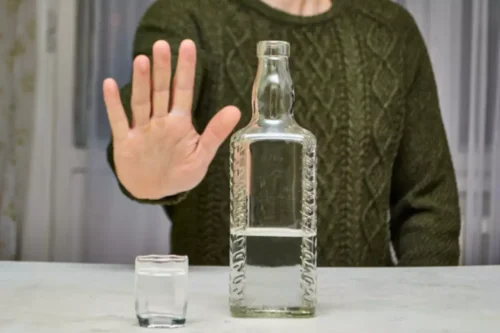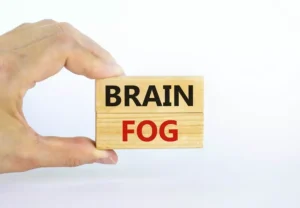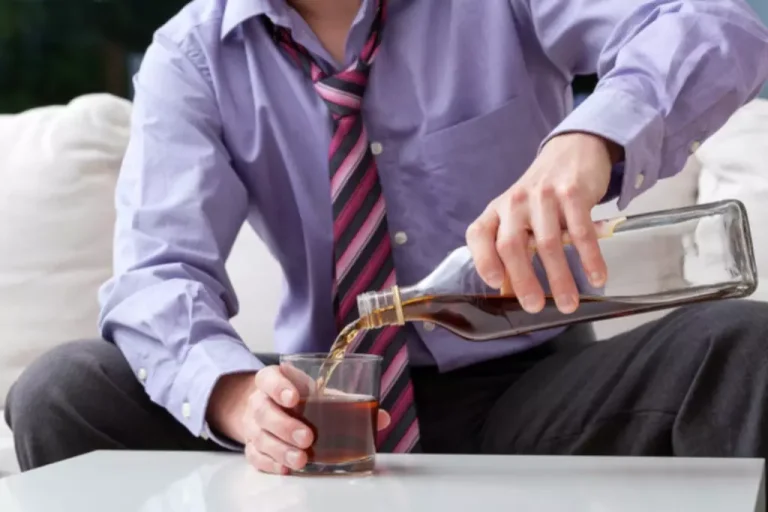
The duration and severity of alcohol use play a significant role in the recovery timeline. Those who have been heavy drinkers for many years may experience a longer adjustment period compared to moderate drinkers. The body and brain need time to heal from the long-term effects of alcohol, and this process can take longer for those with a history of prolonged, heavy use. One of the most significant improvements during this period is the enhancement of deep sleep and REM sleep stages. Deep sleep, also known as slow-wave sleep, is crucial for physical restoration and memory consolidation.
Sleep Hygiene
The impact of drinking on insomnia may be particularly acute in older adults. Consuming alcohol before bed may initially promote drowsiness, making you think it’s a good sleep aid. Research shows alcohol often has a detrimental effect on your ability to access high quality, deep sleep. Even if you do fall asleep faster after a drink, you’re likely to have a disturbed night. Longo and Johnson69 recommended trazodone or nefazodone as first-line agents for medicating insomnia in substance abusers, but nefazodone is rarely used today because of hepatic failure risk.
- And it doesn’t take long to notice the difference — 80% of RISE users get more sleep within five days.
- Sleepwalking can lead to injuries, disrupt sleep, and leave a person feeling fatigued and not well-rested after waking.
- Find an activity that puts your mind at ease, such as yoga, cooking, watching tv, reading, or listening to music.
- For example, the liver, harmed by excessive alcohol, can start healing.
- This is not just about battling those long wakeful nights; it’s about gaining control of your body and overall wellness.
Can’t Sleep Without Alcohol? It’s Time for Help
However, there is limited information in the addiction literature about available and effective treatments for sleep disturbances in recovering alcoholic patients. Heavy alcohol use can contribute to the development of insomnia, a sleep disorder characterized by difficulty falling asleep and staying asleep. As many as three quarters of people with how to sleep without alcohol alcohol dependence experience insomnia symptoms when they drink. Trusted Source UpToDateMore than 2 million healthcare providers around the world choose UpToDate to help make appropriate care decisions and drive better health outcomes. Self-reported sleep quality improved over 4–6 weeks of treatment and all but two patients remained abstinent.
Relaxation Techniques
- That’s because some supplements can interact with medications and may not be suitable for everyone.
- But they may not be prescribed beyond this as there’s a risk of side effects like withdrawal, rebound insomnia, addiction, and overdose when mixed with alcohol.
- Slowly cutting down can reduce the severity of alcohol withdrawal symptoms, too, which can help avoid relapse.
There is a higher prevalence of insomnia in people with ADHD and AUD, but consuming alcohol to manage insomnia generally worsens sleeplessness. 2020 research suggests that alcohol impacts the part of sleep known as rapid eye movement (REM). Drinking heavily over time can also disrupt the chemical messengers in the brain, which can affect sleep. For example, people may experience steroid-induced insomnia, or antidepressants may worsen or induce sleep disorders. People with insomnia may have difficulty falling asleep or keep waking up during the night. Worst of all, alcohol blocks REM sleep, considered the most impactful phase of the sleep cycle.
Lifestyle changes such as avoiding alcohol hours before sleep may be sufficient for treating mild, short-term insomnia. A 2019 study showed that individuals who sleep for under 6 hours each night have a 20% higher chance of heart attack than individuals who sleep between 6 and 9 hours. Individuals with insomnia have difficulty maintaining a consistent sleep schedule. Experts state that acute insomnia lasts up to a few days to weeks, while chronic insomnia continues for several months. If this is the case, try to find some relaxing way to ease your mind when you go to bed.
Finding ways to cope with insomnia and other sleep issues is important since poor sleep can be a risk factor for alcohol relapse. Such problems can persist for some time even after you decide to quit drinking. In fact, difficulty sleeping is one of the most common alcohol withdrawal symptoms and one that causes many to relapse.
- Some people find that exercise before bed helps promote sleep, while others find it more effective to exercise in the morning.
- It also causes changes to blood vessels in the nose, leading to greater airway resistance in the nasal passages.
- Talk to a professional about your symptoms and get tested immediately.
- In fact, having a drink before bed might actually have a negative impact on the quantity and quality of your sleep.
- Gillian Tietz is the host of the Sober Powered podcast and recently left her career as a biochemist to create Sober Powered Media, LLC.
ADHD insomnia: How does having ADHD affect sleep?
- This disruption to the sleep cycle can lead to a feeling of insufficient rest upon waking.
- If you can’t sleep without alcohol, then read on for some helpful tips.
- Several factors can influence how quickly and to what extent sleep improves after giving up alcohol.
- Alcohol also affects people with central sleep apnea (CSA), which occurs when the brain periodically stops sending certain signals involved in breathing.
- However, consuming alcohol can also cause sleep disruption and other adverse effects on people’s health.
However, it’s important to understand the connection between alcohol and sleep, as well as why relying on alcohol for sleep can be problematic in the long run. Alcohol consumption has a complex relationship with sleep, often leading to disrupted sleep cycles and poorer sleep quality. Even though alcohol may hasten the onset of sleep, it significantly impairs the quality by altering the normal progression through sleep stages. Insomnia is also common among people who have an alcohol use disorder, but the problem can persist or even begin during recovery. However, it is also important to note that many people experiencing insomnia during withdrawal and recovery also had insomnia before they became dependent on alcohol.

Alcohol Consumption and Its Impact on Sleep Disorders
While the timeline described above represents a general pattern of sleep improvement after quitting alcohol, it’s important to recognize that individual experiences can vary significantly. Several factors can influence how quickly and to what extent sleep improves https://ecosoberhouse.com/ after giving up alcohol. As the body continues to adjust to life without alcohol, more noticeable improvements in sleep quality begin to emerge. One of the most significant changes during this period is the reduction in night sweats and vivid dreams.

How to Fall Asleep Without Drinking Alcohol

Ultimately, the decision to quit alcohol and improve sleep quality is a personal one, but the potential benefits are clear. From better physical health to improved mental clarity and emotional well-being, the positive effects of alcohol-free, quality sleep can transform various aspects of life. So, when you quit alcohol, your stress and anxiety levels may spike, and these elevated levels are not conducive to peaceful sleep. Patients of alcohol withdrawal often report frequent nighttime awakenings, difficulty falling asleep, and unsatisfactory sleep quality. Thankfully, these effects are temporary and subside as the body gradually acclimates to the absence of alcohol. In conclusion, relying on alcohol as a sleep aid can have negative consequences on your physical and mental health.
Stay away from caffeine, other medication, screen time, sugary foods, stressful activities, and of course, alcohol. If sleep issues persist despite maintaining sobriety and practicing good sleep hygiene, it may be beneficial to seek professional help. Sleep specialists can provide targeted interventions and treatments to address any underlying sleep disorders or persistent sleep difficulties.


